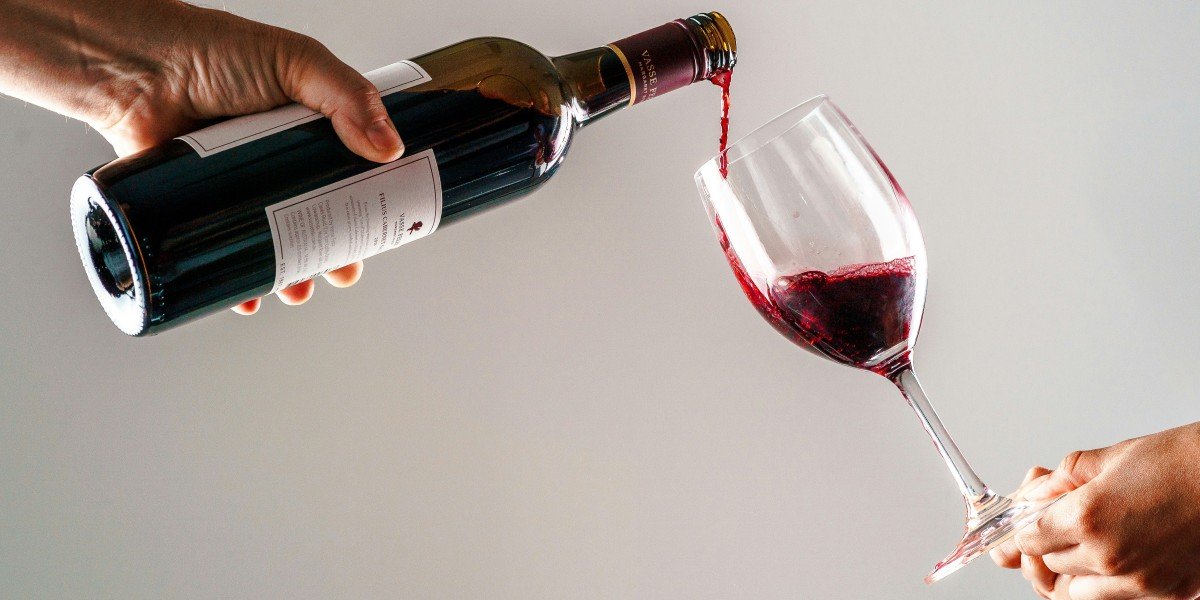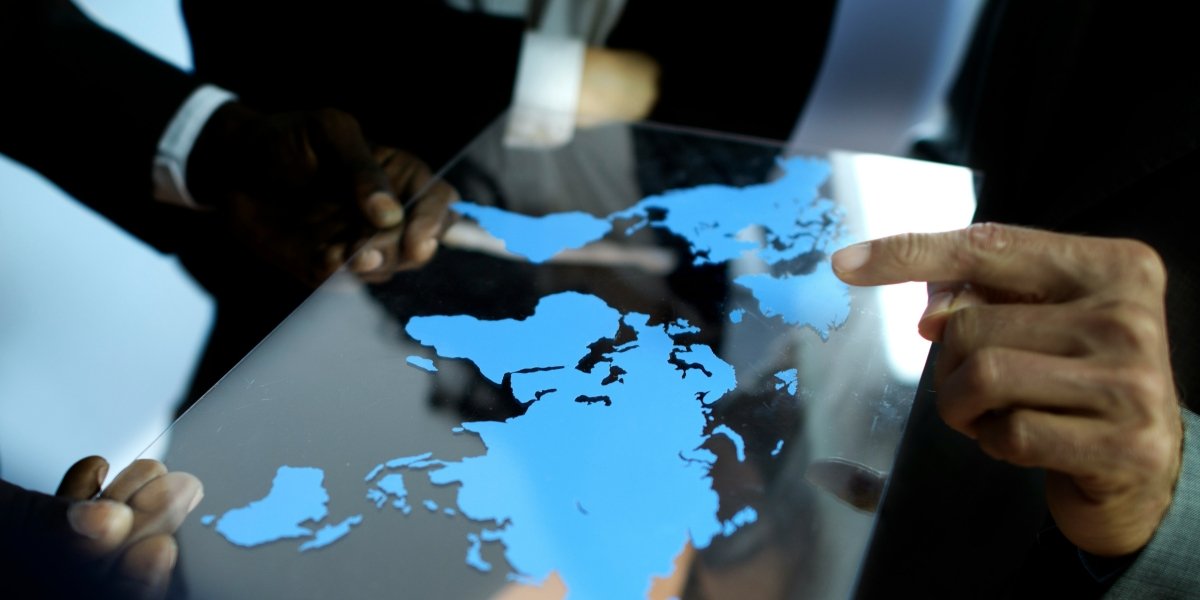Technology has become an integral part of our daily routines, offering solutions to streamline tasks, enhance productivity, and simplify organization. With the rapid advancement of gadgets and applications, staying efficient and on top of personal or professional responsibilities has never been easier. This article explores how integrating innovative tools into your life can help you achieve greater efficiency, better time management, and improved organization—all while keeping up with the latest trends.
How Do Gadgets Enhance Daily Efficiency?
Gadgets are no longer just luxury items; they’ve become essential tools for managing everyday tasks with ease. From smartwatches to home assistants, these devices are designed to help you stay on schedule, track goals, and even save time. One of the biggest advantages of modern gadgets is their ability to multitask, providing a seamless experience for users who juggle multiple responsibilities.
Smartwatches, for example, have evolved far beyond simple timekeeping. They now offer features like fitness tracking, calendar notifications, and even the ability to reply to messages on the go. These devices help individuals monitor their health and stay connected without constantly reaching for their phones, creating a more streamlined workflow.
Similarly, voice-controlled home assistants like Amazon Echo or Google Nest have revolutionized how we interact with technology in the home. By setting reminders, managing shopping lists, and controlling smart appliances, these gadgets allow users to handle multiple tasks hands-free, freeing up time for other activities. The convenience and automation these devices bring to daily life highlight the growing role of technology in promoting efficiency.
What Applications Help Improve Organization?
While gadgets play a significant role, applications are equally critical for staying organized in a fast-paced world. Apps designed for task management, note-taking, and scheduling are becoming must-haves for anyone looking to improve productivity and maintain order.
Task management apps like Todoist and Microsoft To Do enable users to create lists, set deadlines, and receive notifications to ensure nothing falls through the cracks. These apps not only keep tasks prioritized but also allow users to collaborate with others, making them ideal for both personal and professional use.
For those looking to digitize their notes and ideas, applications like Evernote and Notion offer intuitive platforms to organize information. These apps allow users to store text, images, and even voice memos in one place, ensuring easy access whenever needed. Additionally, cloud-based storage ensures your data is available across devices, making organization effortless.
Another game-changer is calendar integration tools like Google Calendar or Apple Calendar, which can sync across devices and integrate with apps like Zoom or Slack. These tools help users manage appointments, track goals, and plan ahead, ensuring a well-structured schedule. By adopting these applications, individuals can stay organized and reduce the stress of juggling multiple responsibilities.
How Is Technology Evolving to Fit Into Personal Routines?
One of the most exciting trends in technology is its increasing ability to adapt to individual lifestyles. Instead of users adjusting to gadgets, the latest devices and applications are designed to integrate seamlessly into existing routines, making them highly intuitive and user-friendly.
Wearable technology, for instance, tailors its functionality to the wearer’s needs. Devices like Fitbit or Garmin fitness trackers not only track steps but also monitor sleep patterns, heart rate, and even stress levels. By analyzing this data, users can make informed decisions about their health and fitness routines without disruption.
Smart home technology is taking personalization to new levels. Smart thermostats like Nest adapt to your schedule by learning your habits and adjusting temperatures automatically, while connected lighting systems allow for customized ambiance based on mood or time of day. These devices work quietly in the background, improving comfort and efficiency without requiring constant manual adjustments.
The rise of AI-powered assistants also reflects this trend toward personalization. From recommending productivity techniques to helping with meal planning, AI tools like Siri or Alexa are becoming indispensable partners in daily life. By learning user preferences and behaviors, these tools enhance convenience while aligning perfectly with individual routines.
Why Is It Important to Embrace These Technologies?
The integration of gadgets and applications into daily life is more than a matter of convenience—it’s a way to improve overall quality of life. By embracing these innovations, individuals can save time, reduce stress, and stay organized, which translates to better productivity and more time for personal fulfillment.
As technology continues to evolve, it offers tools that cater to diverse needs, whether it’s a parent managing a household, a student organizing coursework, or a professional handling deadlines. Adopting these tools helps users stay competitive in an increasingly digital world, ensuring they remain efficient and ahead of the curve.
The true power of technology lies in its ability to enhance human capabilities. By adopting the right combination of gadgets and applications, users can strike a balance between efficiency and ease, creating a smarter, more manageable daily routine.








